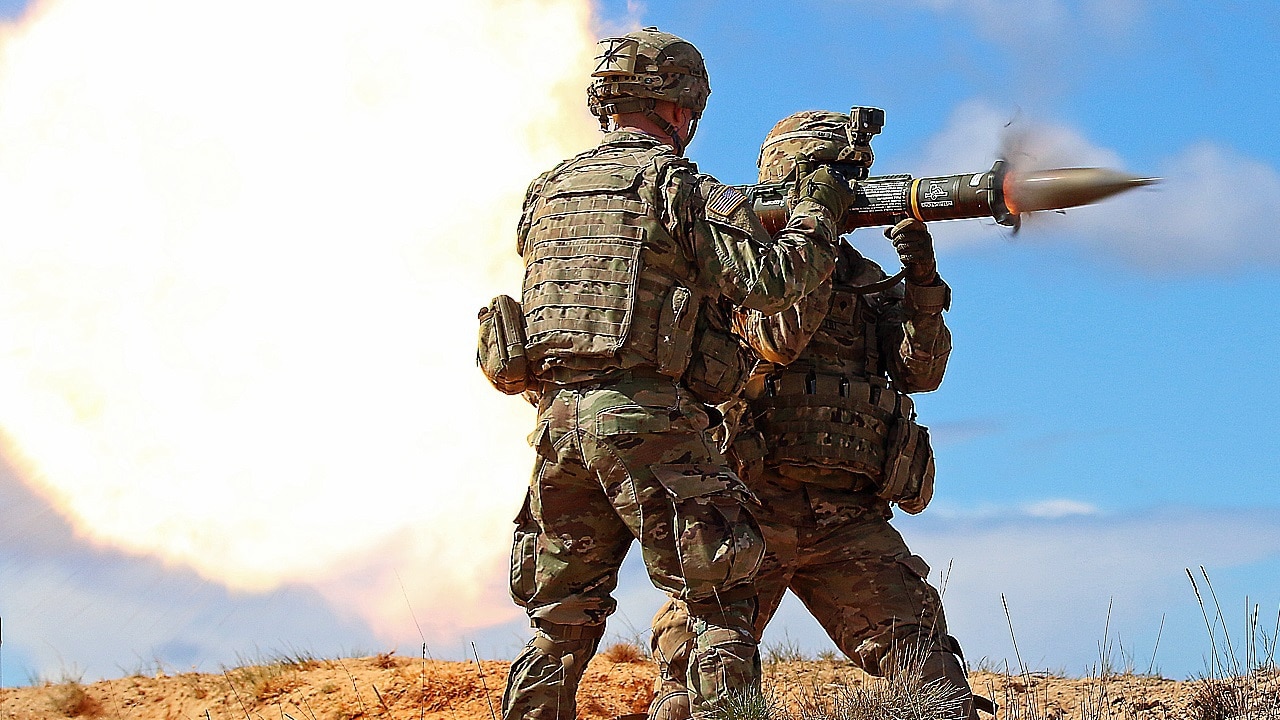What Did Lloyd Austin Say to the Russian Defense Minister On Friday?: United States Secretary of Defense Lloyd Austin spoke with Russian Defense Minister Sergey Shoygu via telephone on Friday morning, the second such call understood to have taken place since the outbreak of the Russian invasion.
The news was revealed by Pentagon press secretary Air Force Brig. Gen Pat Ryder in a press conference on Friday, and the call was also confirmed by the Kremlin.
Austin also reportedly spoke to Ukrainian Defense Minister Oleksii Reznikov that morning in a separate call about providing more air defense systems to Ukraine.
What Did They Discuss?
While all the details of the call were not confirmed by the Department of Defense, the Pentagon did confirm that Austin “emphasized the importance of maintaining lines of communication amid the ongoing war against Ukraine.”
Given the infrequency of these calls, and the fact that both the Kremlin and the White House have stressed the importance of bringing the conflict to an end as soon as possible, the matter of peace negotiations may also have been discussed on Friday morning.
If Austin and Shoygu did talk about a peace settlement, we might not hear about it from the Kremlin.
Just last week, the Kremlin’s press secretary denied that the Russian president had discussed a settlement with the Turkish president during a recent meeting in Kazakhstan. Dmitry Peskov told RIA Novosti that the discussion, which lasted 90 minutes, did not involve any discussion of what it would take to agree with Ukraine.
It’s possible that the topic didn’t come up of course, but that seems unlikely given President Recep Tayyip Erdogan’s continued efforts to negotiate a peace agreement and his vocal support for bringing the war to an end through diplomatic means. The denial is also curious, given that the Kremlin has recently pushed the idea of initiating a new round of negotiations involving Western countries.
The call also came when Russian forces encouraged Kherson residents to evacuate the region ahead of an expected counter-offensive from Ukrainian forces. The topic of discussion, therefore, may have been related to the heightened conflict in the region and the reports that Russia is preparing to launch a false flag attack on the Nova Kahkhovka dam, endangering the lives of tens of thousands or more civilians in southern Ukraine.
Did Shoygu Go Hard?
If the topic of peace negotiations didn’t come up, it might be because the Kremlin is now threatening the destruction of Ukraine if the West continues to supply arms to Kyiv.
Russia’s Foreign Ministry spokeswoman Maria Zakharova told Sputnik Radio on Wednesday that the United States is supplying weapons to “destroy the country that they have taken care of for many years.”
“This is such a vital contradiction. They seem to want to strengthen and strengthen, but everything leads to the opposite result,” Zakharova said. “Washington’s position, which relies on inflating the conflict, leads to the destruction of Ukraine.”
The comments come as the United States and NATO allies commit to strengthening Ukraine’s air defense capabilities, providing more surface-to-air missile systems and rockets designed to protect against new bombardments from the Russian military.
Jack Buckby is a British author, counter-extremism researcher, and journalist based in New York. Reporting on the U.K., Europe, and the U.S., he works to analyze and understand left-wing and right-wing radicalization, and reports on Western governments’ approaches to the pressing issues of today. His books and research papers explore these themes and propose pragmatic solutions to our increasingly polarized society.

